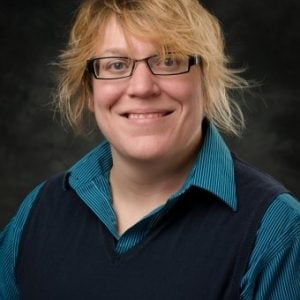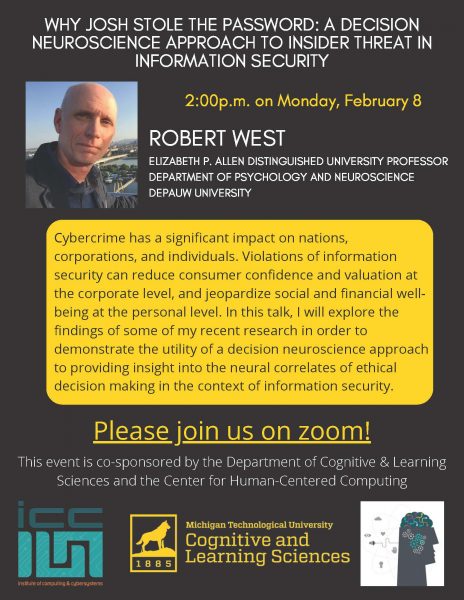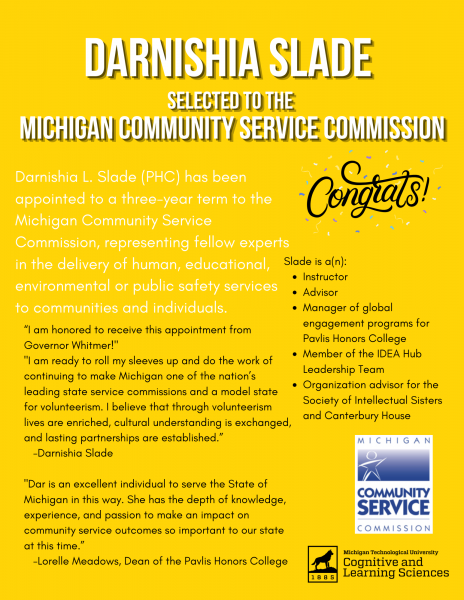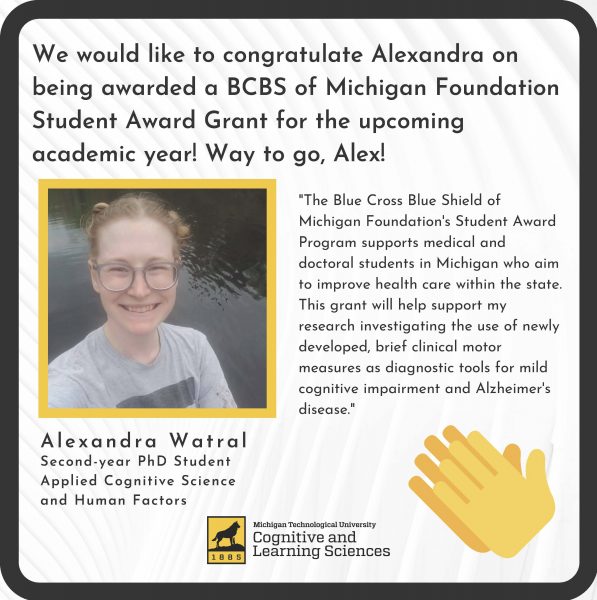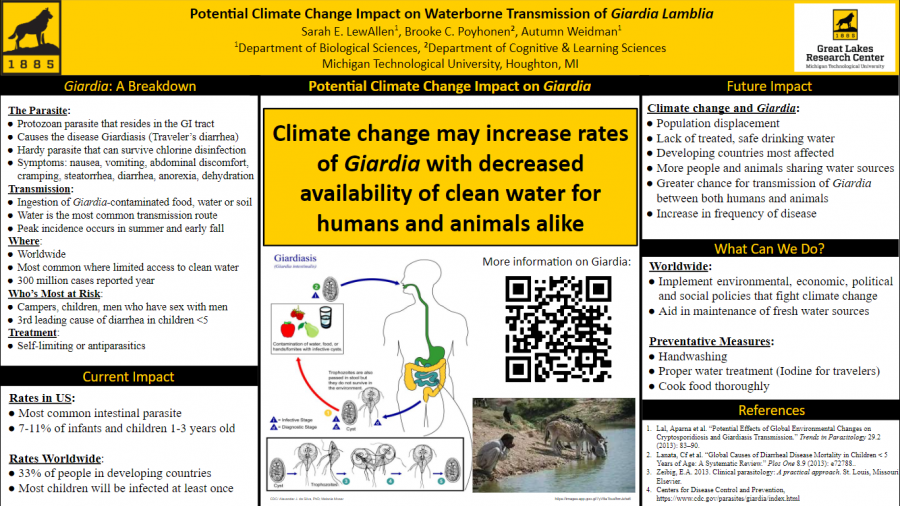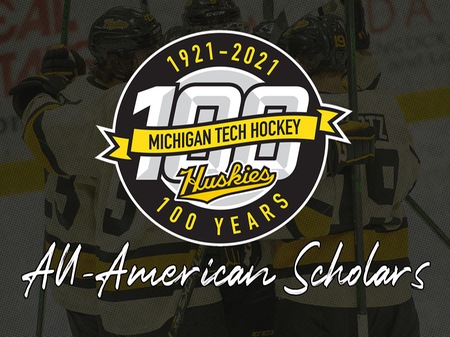
Tyrell Buckley, a senior Psychology student and Michigan Tech hockey player, has been named a Krampade All-American Scholar for the 2020-2021 school year. He is one of nine Huskies who were awarded the honor by the American Hockey Coaches Association. Congratulations, Tyrell!
Find the full announcement on the Michigan Tech Athletics website.

